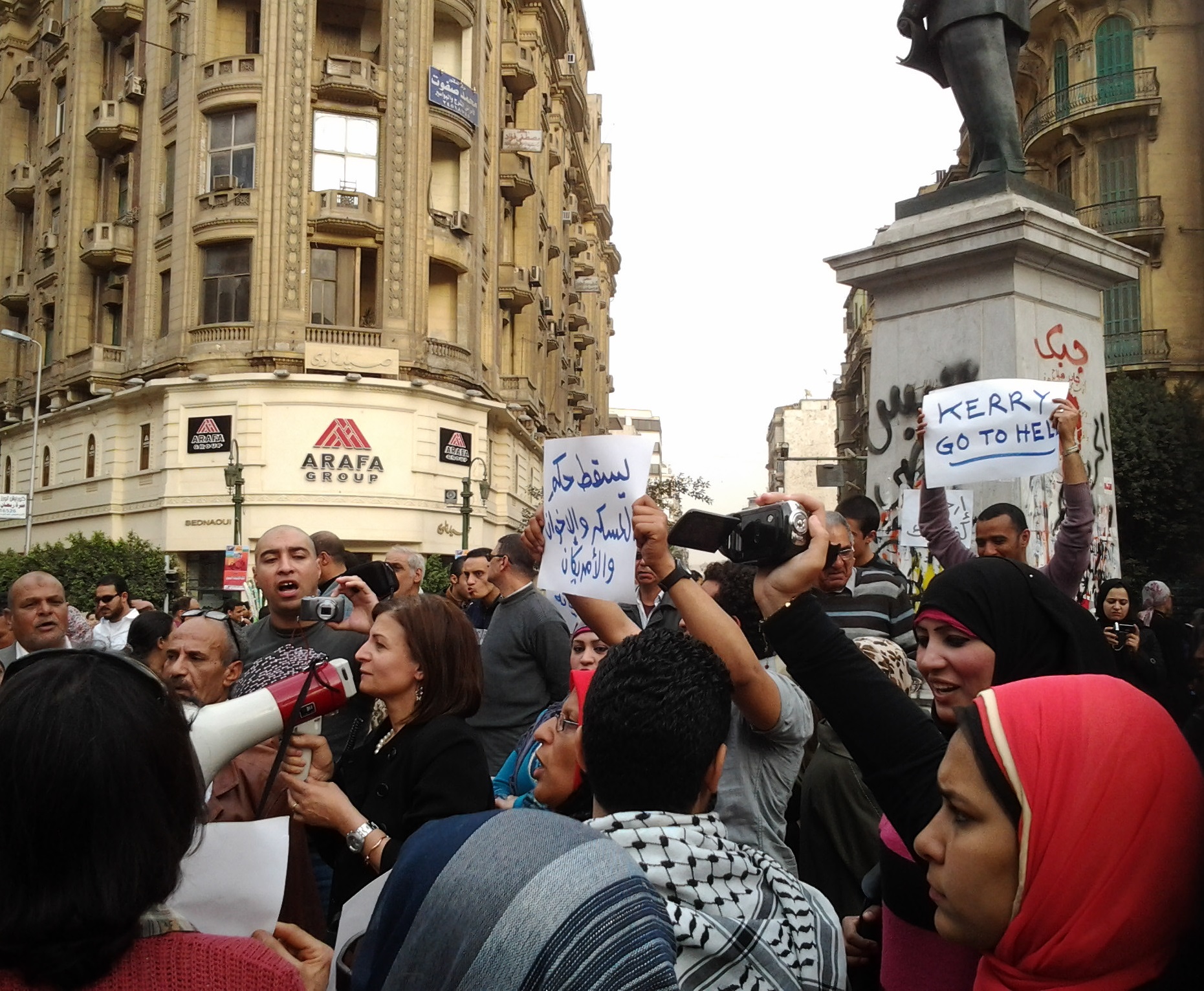The National Centre for Translation, directed by Karma Sami, hosted a celebration on Wednesday honouring the multifaceted artist Salah Jahin, titled “Our Uncle… Salah Jahin”. Held in the Taha Hussein Hall at the centre’s headquarters in Cairo’s Opera House Square, the event was attended by Jahin’s daughter, Amina Jahin, musician Mounir El Wasimi, poet Amin Haddad, and numerous translators and intellectuals.
The evening commenced with El Wasimi elucidating his musical arrangement of Jahin’s quatrains, originally composed by Sayed Mekawi and performed by Ali El Haggar. A seminar followed, moderated by Moustafa Riyad, featuring discussions led by Lubna Abdel Tawab, Amal El Hadary, and researcher Amira El Samny. A group of aspiring translators also presented their renditions of Jahin’s poems in various languages, including English, Spanish, German, and Persian. Among them were students from the English Department at Suez Canal University’s Faculty of Arts, supervised by Walid Abdallah. This served as a poignant tribute to Jahin’s pioneering poetry and its profound influence during a pivotal period in Egyptian history.

Sami underscored the significance of honouring Jahin and preserving his legacy. “Jahin is a man who showered the Arab world with love and culture,” she stated. Sami recounted her own profound admiration for Jahin’s work, recalling the awe she experienced upon seeing the play Sahsah Lama Yengah – a collaborative masterpiece by Jahin (writer), Mohamed Fawzi (composer), and Salah El Sakka (director), originally produced in 1963 as part of the Cairo Puppet Theatre’s repertoire. She also shared a personal anecdote about beginning her days with Jahin’s cartoons and the deep impact his passing had on her. She noted the massive attendance at his funeral, a testament to his enduring influence. Sami emphasised the continuing resonance of Jahin’s work, particularly poems like those about the Bahr El-Baqar and Gaza students, which vividly portray Egypt, its people, and the Arab world.
A short film, directed by Mohamed Fadel, further showcased Jahin’s diverse talents as a playwright, poet, cartoonist, and screenwriter.
El Wasimi described Jahin as a multifaceted artist, philosopher, and a man of the people, deeply connected to Egyptian folk life. He lauded Jahin’s ability to seamlessly blend colloquial and classical Arabic in his writing. “Jahin was an artist from head to toe and loved art and new artists, actively seeking out fresh talent,” El Wasimi added. He shared an anecdote about the creation of Jahin’s quatrains, recalling a disagreement over the number of instruments to be used. Jahin favoured string instruments, while El Wasimi envisioned a larger orchestra of over 50 musicians. The recording was ultimately made according to El Wasimi’s vision. He explained that the quatrains occupy a unique genre, neither simple romantic songs nor purely patriotic anthems, but rather explorations of diverse stories and emotions, especially when paired with Mekawi’s compositions. Attendees enjoyed listening to excerpts from the quatrains, captivated by El Haggar’s powerful vocals and Mekawi’s evocative melodies.

Abdel Wahab discussed the poem “Ala Esm Masr” (“In the Name of Egypt”), describing it as a remarkable collaboration between poet and translator, conveying profound emotions in English. “In Love of Egypt,” the title of the English translation by El Anani, she noted, perfectly captured Jahin’s sentiment. She referred to Jahin as an inspiration for generations and the poem as an epic, encompassing Egypt’s history, rulers, and geography. While only 23 verses in Arabic, El Anani’s English rendering spans 56 verses. Abdel Wahab suggested that the translation could be a valuable tool for language students.

El Hadary reviewed a new translation of Jahin’s quatrains, Fi Hodn El Watan (“In the Embrace of the Homeland”), highlighting Jahin’s ability to evoke the nation’s experiences without explicitly naming it, allowing “Egypt” to be embodied within the writing itself.


This celebration was part of a Ministry of Culture initiative, under the patronage of Ahmed Fouad Hanno, Minister of Culture, to celebrate Salah Jahin’s significant contributions to Egyptian identity, titled “Our Uncle… Salah Jahin.”




